vinyl plank floors- moisture in basement
Shelly J
5 years ago
Featured Answer
Comments (39)
Shelly J
5 years agoRelated Discussions
Trafficmaster Allure Vinyl Planks in Basement
Comments (1)Beware of salesmen... you are doing the right thing by doing your own reaserch. I have almost the identical situation and same issues and concerns. I've been stymied for months trying to find a suitable flooring for our basement that has had occasional water incursions. SIGH... Anyhoo, recently I was looking at Flooring America's Quick-step laminate planks, which the salesman said was "The Answer" to my problem. He said the QA testing process included soaking the product in water for 2 weeks. However, looking at Quick-step website and warranty, I see the product is definitely not recommended for potentially damp sites and the lifetime warranty excludes damage due wetness from any source. But, I digress... I was really going to comment on the cement paint you mentioned. The bubbles in the paint over cement can happen when concrete isn't thoroughly dry when it is painted. If cement has excess moisture sealed in by paint, when it gets warm, moisture vapor tries to escape, forming bubbles. If the bubbles aren't popped, they will shrink back down when it gets cool again. FWIW, I've been told I can have moisture barriers painted on the exterior walls and cement floor to prevent moisture coming in. But then I'd have to remove the drywall; and who knows if you can trust these membranes anyway? Anyhoo, I will be following this thread to learn what others have to say....See MoreBasement floor, Luxury Vinyl Planking ?
Comments (2)I'm going right over concrete and seem to be directed into the LVT. Glued down around the perimeter and then free laid. Harbinger or XL flooring were the two that is local and have nice planks....See MoreVinyl Plank Flooring -vapor shield/cushion for basement
Comments (2)The REGULAR coretec (the original product WITHOUT cork underlayment attached to the bottom) allows 3mm cork underlayment underneath. The rest of CoreTec's line-up DOES NOT. Nothing else is allowed underneath. Ooops. Oh dear. A vapour barrier is required over any/all concrete slab installations whether it is at or below grade (on the ground or below the ground). Which means you MUST use a vapour barrier over concrete - no matter what. That means the 6mil vapour barrier at Home Depot is just fine. Remember to purchase Red Duct Tape (moisture resistant) to seal all the seams of the plastic (and you might want to look up how to lay a vapour barrier, how to over lap and seal the seams, etc). So the vapour barrier is a must (over concrete). The underlay is VERY specific to the TYPE of CoreTec you are looking at. The installations instructions will let you know. If it is ALLOWED it is listed. If it is NOT allowed, it will say NOTHING. Again, the ORIGINAL coretec allows 3mm cork. It is one of the few vinyl plank products that allow anything underneath it....See Morewhat is the best vinyl planks for basement flooring
Comments (2)Porcelain tile. Vinyl will not satisfy ANY of your requirements. Vinyl plank floors are NOT water proof (they will not survive a flood). Vinyl is NOT fade resistant. In fact they should not be exposed to direct sunlight unless you have HIGH UV ratings on your windows (like 75% block or higher = super expensive). And vinyl scratches like every other plastic item you have in your house. And some scratch more than others....See MoreShelly J
5 years agoShelly J
5 years agoShelly J
5 years agoSJ McCarthy
5 years agoShelly J
5 years agoShelly J
5 years agoShelly J
5 years agoSJ McCarthy
5 years agoMark D
4 years agolast modified: 4 years agoMark D
4 years agoNasir Mohammad
3 years agoHolly Ann
3 years agoJocelyn Tarkoff
2 years agoSJ McCarthy
2 years agoJocelyn Tarkoff
2 years agoSJ McCarthy
2 years agoNasir Mohammad
2 years agoSJ McCarthy
2 years agoHU-498983619
2 years agoSJ McCarthy
2 years agobrianchandra
2 years agoSJ McCarthy
2 years agoMark D
2 years agoworthy
2 years agoRyan
2 years agoMark D
2 years agoMark D
2 years agoSJ McCarthy
2 years agoRyan
2 years agoSJ McCarthy
2 years agoNatalie DeSisti
2 years agojejvtr
2 years agoKaren Escobar
2 years agolast modified: 2 years agoNate S
last year
Related Stories
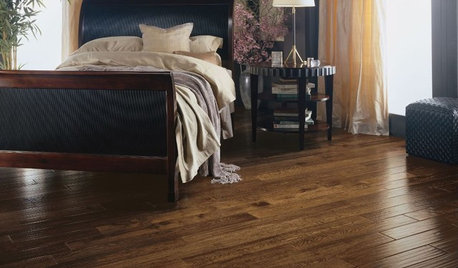
REMODELING GUIDESYour Floor: An Introduction to Solid-Plank Wood Floors
Get the Pros and Cons of Oak, Ash, Pine, Maple and Solid Bamboo
Full Story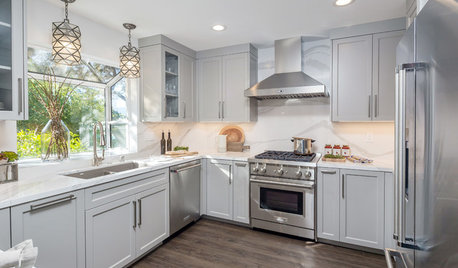
MATERIALSWhat to Know About Luxury Vinyl Flooring
The flooring material has become increasingly popular. Here’s how to determine its quality and get it installed
Full Story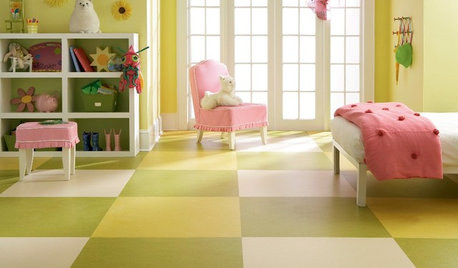
REMODELING GUIDESThe Case for Linoleum and Vinyl Floors
Have pets, kids and a tight budget? Easy-care resilient floors may be the choice for you
Full Story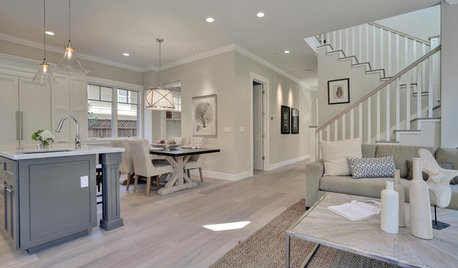
FLOORS5 Reasons Vinyl Flooring Might Be Right for You
This increasingly popular flooring material has some very real benefits
Full Story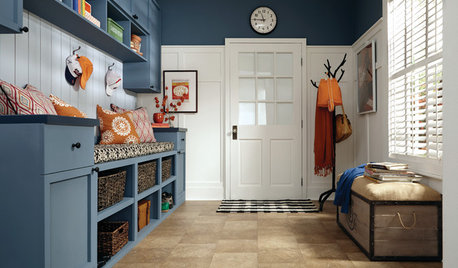
FLOORSNew Groove: Vinyl Floors Are Back!
First vinyl records made a comeback, now floors. See how, where and when to use this durable, easy-to-clean material
Full Story
REMODELING GUIDESContractor Tips: Smooth Moves for Hardwood Floors
Dreaming of gorgeous, natural wood floors? Consider these professional pointers before you lay the first plank
Full Story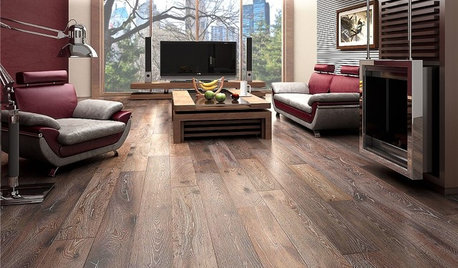
REMODELING GUIDESWhen to Use Engineered Wood Floors
See why an engineered wood floor could be your best choice (and no one will know but you)
Full Story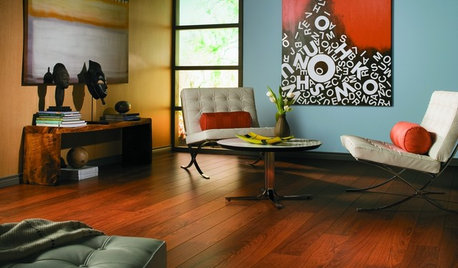
REMODELING GUIDESLaminate Floors: Get the Look of Wood (and More) for Less
See what goes into laminate flooring and why you just might want to choose it
Full Story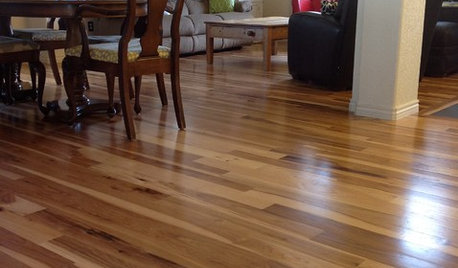
MATERIALSWhat to Ask Before Choosing a Hardwood Floor
We give you the details on cost, installation, wood varieties and more to help you pick the right hardwood flooring
Full Story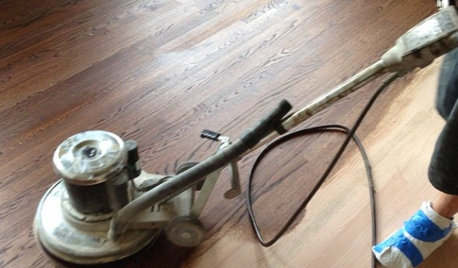
GREAT HOME PROJECTSWhat to Know Before Refinishing Your Floors
Learn costs and other important details about renewing a hardwood floor — and the one mistake you should avoid
Full StorySponsored
Industry Leading Interior Designers & Decorators in Franklin County



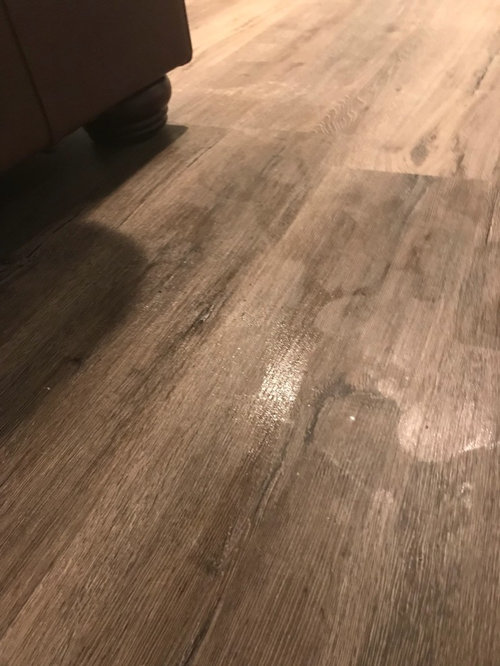
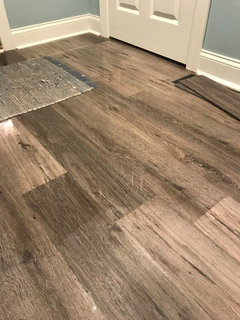

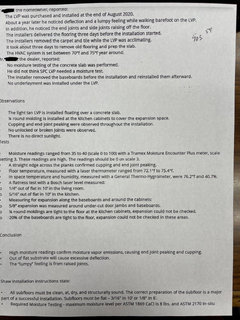


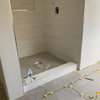

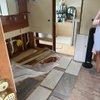

SJ McCarthy